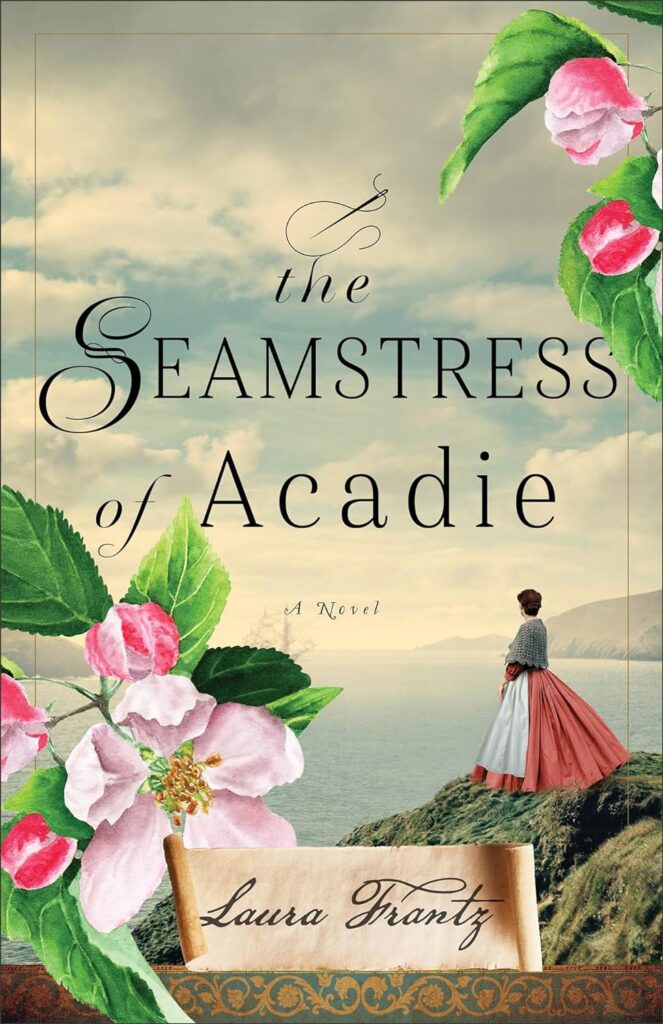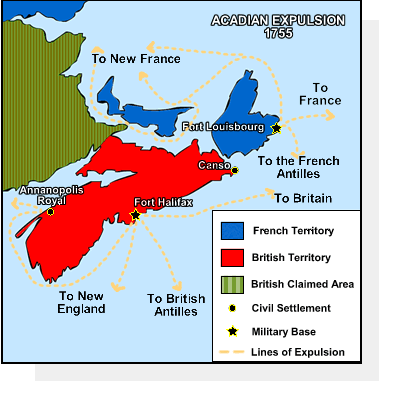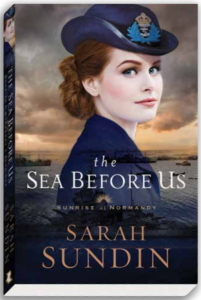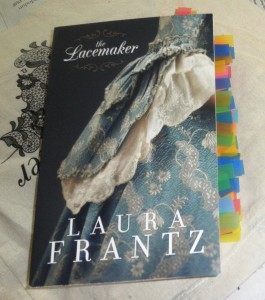EMBERS IN THE LONDON SKY is a superb story from an author who delights us with every book.
As the German army invades the Netherlands in 1940, Aleida van der Zee Martens escapes to London to wait out the Occupation. Separated from her three-year-old son, Theo, in the process, the young widow desperately searches for her little boy even as she works for an agency responsible for evacuating children to the countryside.
When German bombs set London ablaze, BBC radio correspondent Hugh Collingwood reports on the Blitz, eager to boost morale while walking the fine line between truth and censorship. But the Germans are not the only ones Londoners have to fear as a series of murders flame up amid the ashes.
The deaths hit close to home for Hugh, and Aleida needs his help to locate her missing son. As they work together, they grow closer and closer, both to each other and the answers they seek. But time is running short—and the worst is yet to come. [back cover copy]
EMBERS IN THE LONDON SKY is jammed with drama and hard choices—even before factoring in the war!

Sundin is a marvelous storyteller, skilled at creating a sense of place. We feel as if we’re there, whether on a road through the low countries teeming with frightened people fleeing before the German invasion, walking in London over wet cobblestones below a fleet of barrage balloons or heels sinking in muddy parkland, or through smoke-filled streets amid noise of planes, bombs, sirens, cries. And the roar of a fire.

Sundin’s characters, achingly real, appealed to me immediately. Aleida, despite losing her son and arriving in England with very little, has gumption, grit, and hope. And Hugh, despite his upper-class status is working for the BBC, broadcasting from Dunkirk and among the ravaged buildings and populace of London, has warmth, equanimity … and a secret. A cast of vibrant and interesting secondary characters are also very involved.
Weaving these vivid locations and vibrant characters into the inherent drama of war — bombings, people living on top of one another, families separated, danger, illness, politics, espionage—would be a good story. But Sundin, with great skill, goes well beyond, creating a plot that twists and turns like a living thing, giving readers a satisfying story on every level.
But pointing to the various elements Sundin provides to give us a great story falls short of revealing how good this powerful story of love, courage, and sacrifice is. I think one aspect I love about Sundin’s writing is her ability to reveal something about a character in a tiny detail. A small action. A concise bit of prose.
On page 91, for example: Hugh and Aleida have become acquainted and Hugh goes to her apartment unexpectedly to give her a list, promised her by Hugh’s uncle, of homes and institutions to check in her search for Theo. Aleida isn’t home so he waits for her on the street and takes glee in surprising her when she returns. They go inside.
“Hugh paused inside the door, and his smile collapsed. On the coatrack hung Theo’s little gray cap and blue coat.
‘When I find him,’ she said, ‘I’ll be ready.’”

We learn so much about Hugh’s sensitivity and Aleida’s love, hope, and determination despite already searching 6 months for Theo. If Sundin can pack that into just 29 words, imagine the story packed into 369 pages!
Photo credit: Barrage balloons, London damaged bldg- Wikipedia, London Blitz; plane-wallup.net; Building with flowers: Ray Bullen; Elephant-World Wildlife Fund













 Laura Frantz’s THE LACEMAKER is set in 1775, pot-boiling days leading up to The Revolutionary War, when allegiances were strained and loyalties shifting. And Williamsburg, Virginia seems at the center of it all.
Laura Frantz’s THE LACEMAKER is set in 1775, pot-boiling days leading up to The Revolutionary War, when allegiances were strained and loyalties shifting. And Williamsburg, Virginia seems at the center of it all. This is one of Frantz’s most overt romances and it works very well. The object of Elisabeth’s affections, the master of Ty Mawr estate and Independence Man Noble Rynallt, is a hero beyond expectation! The barriers to any relationship for these two are huge. When they seem insurmountable, I expected to leave the story with only bittersweet memories and the echo of Anwylyd. But noble sacrifices, exactly what one expects from a larger-than-life hero, emerge out of nowhere and bring sighs and hope and, as Frantz always promises ~ hints of HEA (happily-ever-after).
This is one of Frantz’s most overt romances and it works very well. The object of Elisabeth’s affections, the master of Ty Mawr estate and Independence Man Noble Rynallt, is a hero beyond expectation! The barriers to any relationship for these two are huge. When they seem insurmountable, I expected to leave the story with only bittersweet memories and the echo of Anwylyd. But noble sacrifices, exactly what one expects from a larger-than-life hero, emerge out of nowhere and bring sighs and hope and, as Frantz always promises ~ hints of HEA (happily-ever-after). Oh, Elisabeth, I want to hug you and walk you to a place of respite. Dear reader, don’t you?
Oh, Elisabeth, I want to hug you and walk you to a place of respite. Dear reader, don’t you?